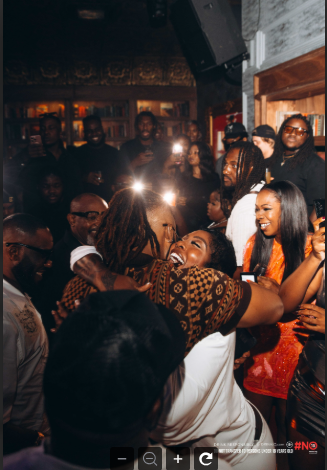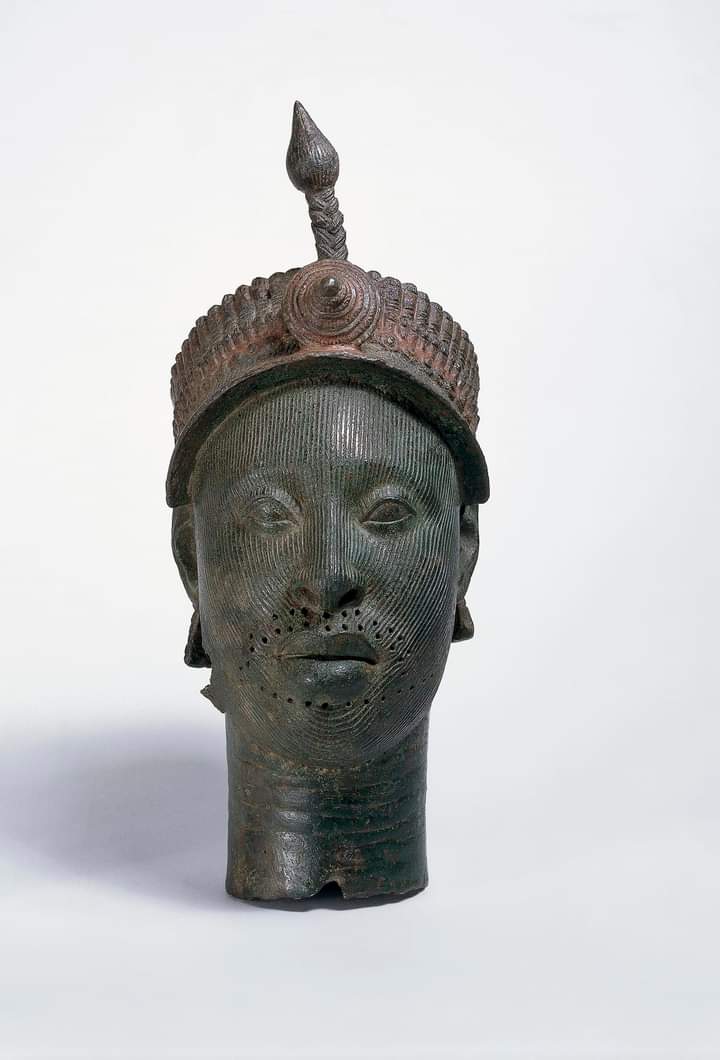Who Owns the Right to Confer “Yorùbáland” Titles Aláàfin of Ọ̀yọ́ or Ọọ̀ni of Ifẹ̀?
Who Owns the Right to Confer “Yorùbáland” Titles Aláàfin of Ọ̀yọ́ or Ọọ̀ni of Ifẹ̀?
A fresh wave of controversy has been stirred in Yorùbáland following reports that the Aláàfin of Ọ̀yọ́ sent a stern warning to the Ọọ̀ni of Ifẹ̀, cautioning him against bestowing chieftaincy titles that bear the weight of “of Yorùbáland.”
At first glance, this may look like a mere tussle of royal egos. But at its root lies a much deeper question: Who truly has the authority to confer titles that speak for the entire Yorùbá nation?
From history, we know that the word “Yorùbá” originally applied only to the Ọ̀yọ́ people. In time, however, the identity spread to include other illustrious subgroups—Ìfẹ̀, Ìjẹ̀bú, Èkìtì, Ìjẹ̀ṣà, Ìbàdàn, Òwu, Ìlàje, and more—until it became a unifying banner under the House of Odùduwà. This happened because outsiders like Western world, and other Africans like Hausa, Fulani, Nupe, Ebira, Egun, and other nationalities neighbour to us could hardly tell apart an Ẹ̀gbá man from Ọ̀yọ́ man, so they grouped us with same words since we are from the same origin. This historical fact forms the basis of the Aláàfin’s claim that such far-reaching titles rest within his traditional authority.
Yet, today, the Yorùbá identity is no longer exclusive to Ọ̀yọ́ alone. It belongs to all Yorùbá peoples. This reality invites a compelling question: Should one throne hold an exclusive right to confer “of Yorùbáland” titles, or should it be a shared prerogative among all paramount rulers?
If we insist on exclusivity, what happens if some subgroups begin to reject the collective identity out of a sense of exclusion? Would we not risk tearing at the very fabric of unity that makes Yorùbá heritage powerful?
Even more pressing is the matter of consistency. Recently, the Olówu of Òwu Kúta conferred the title Àgbà Akin Bọ́bagúnwà of Yorùbáland on a distinguished son of Yorùbá without facing a similar rebuke. Across Yorùbáland, many Obas have also decorated individuals with titles that end in “of Yorùbáland.” If this is truly a breach of an unwritten code of chieftaincy, then it must apply to all, not just some. Otherwise, the warning risks being perceived as selective.
The real issue, therefore, is not about curtailing the powers of one monarch or elevating another. It is about finding a workable balance. Perhaps what Yorùbáland needs is a council of leading monarchs who can deliberate and agree on matters that affect the entire nation, including the regulation of such all-encompassing titles.
At the end of the day, Yorùbáland has more to gain from unity than rivalry. Our forebears did not build empires, kingdoms, and enduring traditions for us to squander them on avoidable disputes. This moment calls for dialogue, wisdom, and consensus—not for actions that could deepen cracks in the House of Odùduwà.
The question remains: who owns the right to confer Yorùbáland titles? Until there is a collective answer, every attempt will continue to be contested, and every honor bestowed may carry the shadow of controversy.



